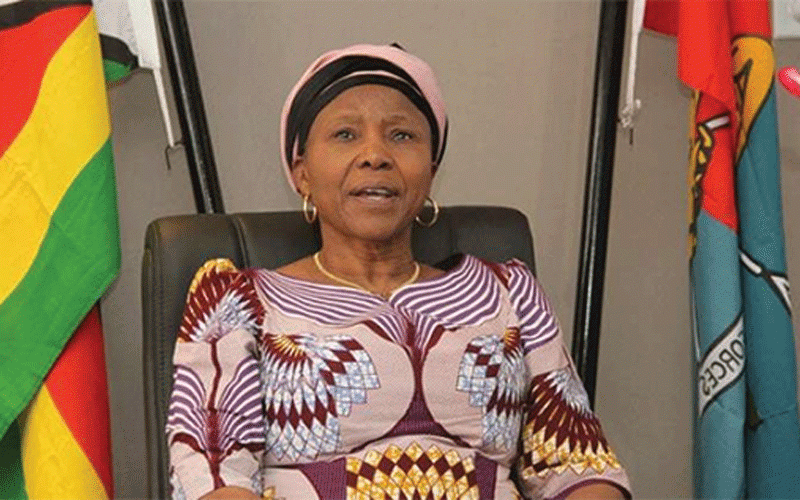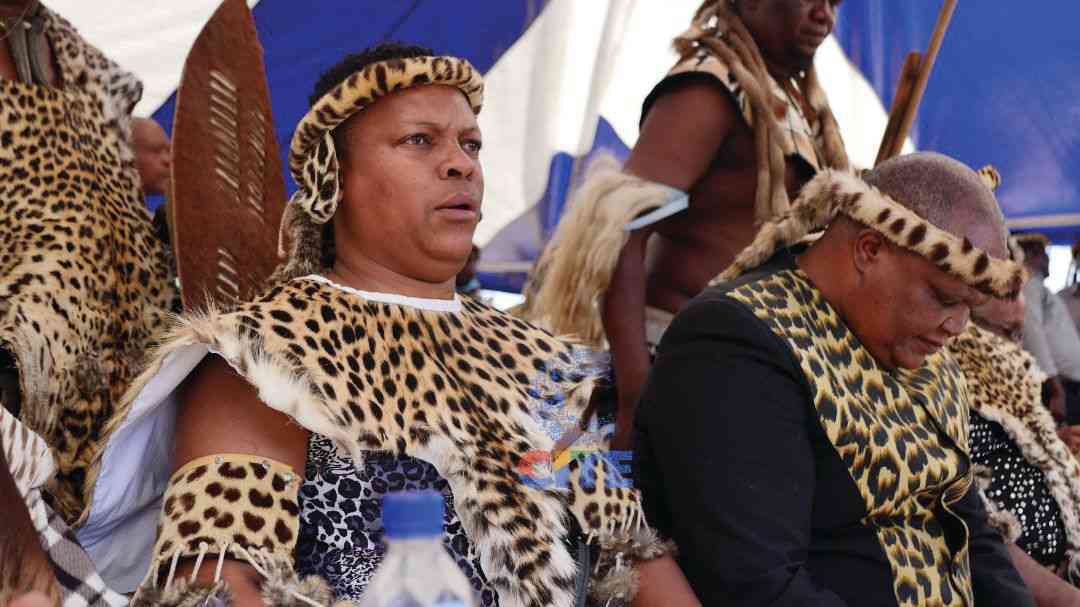
KNIVES are out for Zanu PF chairperson Oppah Muchinguri-Kashiri for reportedly failing to organise district co-ordination committee (DCC) elections, whose lifespan has elapsed.
The DCCs are considered highly strategic in Zanu PF because leaders derive power from them.
They consist of elected members from the cells and branches, who represent the main wing, the women’s league and the youth league.
The district consists of 10 branches whose delegates elect the district executive committee once every two years.
In the past, fierce power struggles among Zanu PF leaders have resulted in repeated dissolution of DCCs.
Sources within the ruling party told NewsDay recently that the term of the current DCCs had long expired.
They claimed that, under the leadership of Muchinguri, the party failed to meet some of its constitutional obligations.
“Our national chairperson has failed to organise for the party,” a politburo member said. “We have no proper structures as we speak, but what is more of concern is that we have failed to conduct DCC elections after the term of the current DCCs expired.”
- Corruption Watch: Get scared, 2023 is coming
- Corruption Watch: Get scared, 2023 is coming
- Letters: Ensuring Africa’s food security through availability of quality seeds
- Is military's involvement in politics compatible with democracy?
Keep Reading
Another party member said: “We now have a retarded leadership. We can’t continue with some members who have run out of ideas to run the party... the chairperson is busy creating parallel structures because she is believed to harbour presidential ambitions.”
Zanu PF director of information Farai Marapira, however, said the party leadership was united and seized with the cell verification exercise.
“Since 1963, we have met our constitutional obligations, so there is no panic in our leadership whatsoever,,” Marapira said.
“The party is busy with its cell verification and structuring. We are aware that this is the hand of the enemy who is trying to divide our party, but they have failed.”
Observers said the chaos in the Zanu PF DCCs exposed deep-rooted factionalism in the ruling party.
In 2012, the late former President Robert Mugabe banned DCCs after factions aligned to the current President, Emmerson Mnangagwa and his then bitter rival, Joice Mujuru, were locked in intense fights that caused acute divisions in Zanu PF.
The reason for their disbandment was that the DCCs were fomenting factionalism and divisions in the ruling party.
Mnangagwa revived the DCCs in 2020.
DCCs have direct influence on who is elected to the provincial coordinating committees, the central committee, the national constitutive assembly, as well as the politburo, the party’s supreme decision-making body.
DCC members are eligible to attend the party’s congress as delegates with voting rights and this makes them a key factor in the succession dynamics of the party.










